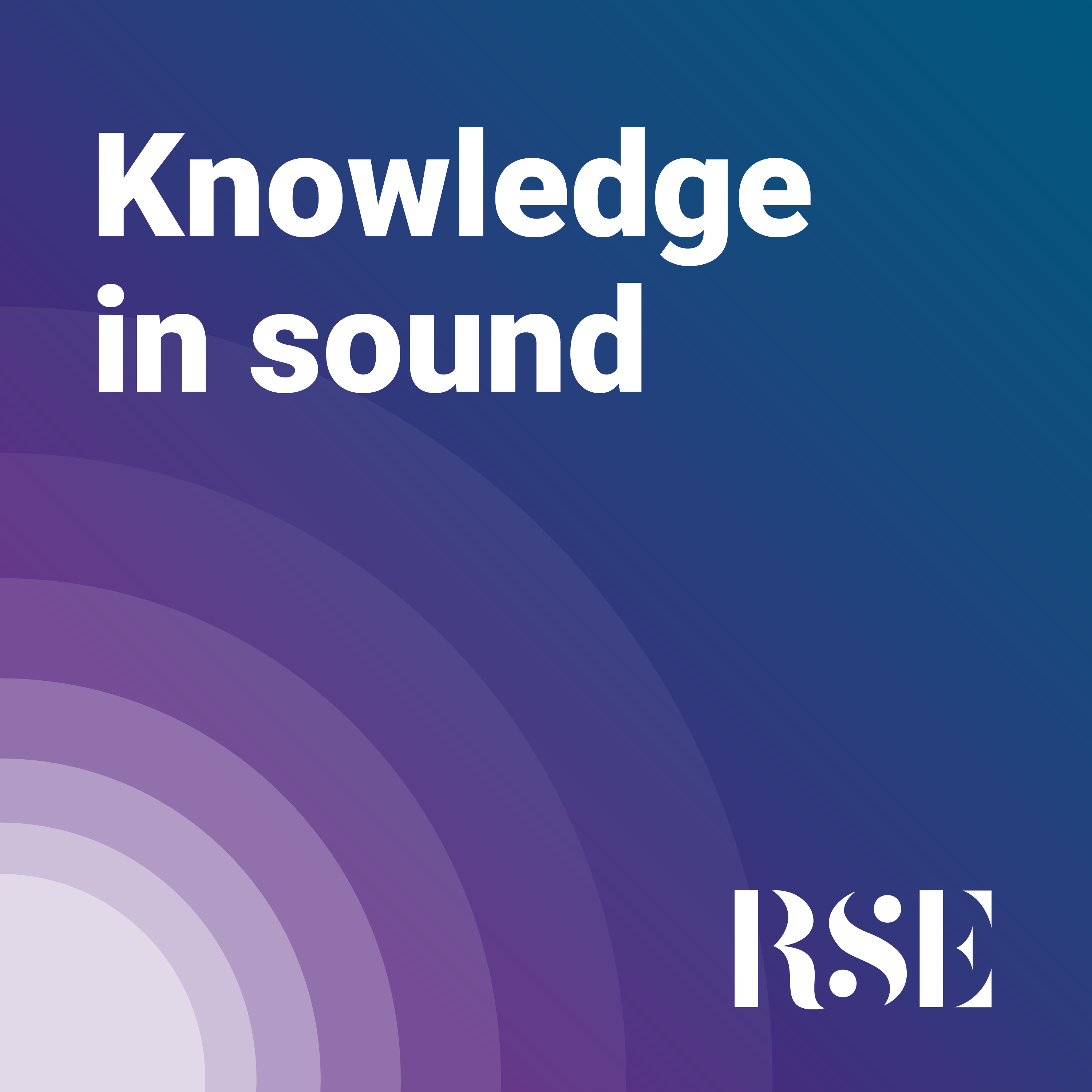The SNP Government still aspires to an independent Scotland within the EU, but Brexit has presented challenges, particularly in managing the Anglo-Scottish border, which would become an international border post-independence and also a UK-EU border if Scotland rejoins the EU. This raises questions about border management, including customs procedures, checks, and regulations for goods and services. While technology can aid in some checks, physical infrastructure and inspections remain necessary, and discussions about maintaining the Common Travel Area for people's movement may not involve passport checks at the border.
https://rse.org.uk/resources/resource/blog/independence-and-the-border/
Footnote:

Leesa Wheelahan challenges the prevailing focus on job outcomes as the sole measure of success in tertiary education, critiquing policies like Rishi Sunak's drive...

Leila Aboulela, renowned author and essayist, reflects on her life-altering move from Sudan to Scotland, deeming it the defining chapter of her existence. Settling...

Scotland is on the cliff-edge of a cultural recession, argues Karen Anderson, chair of Wasps (Workshop & Artists Studio Provisions Scotland)